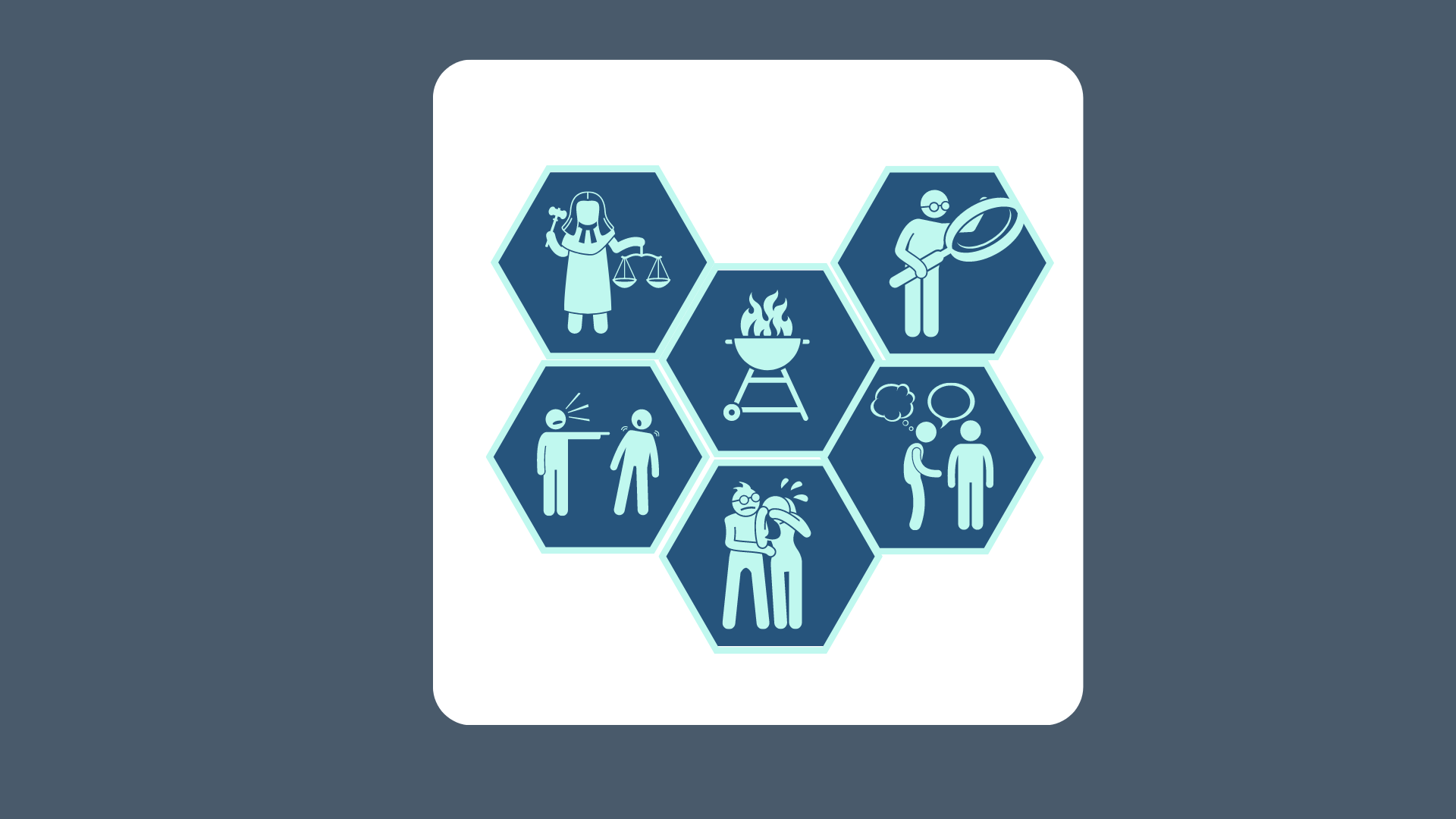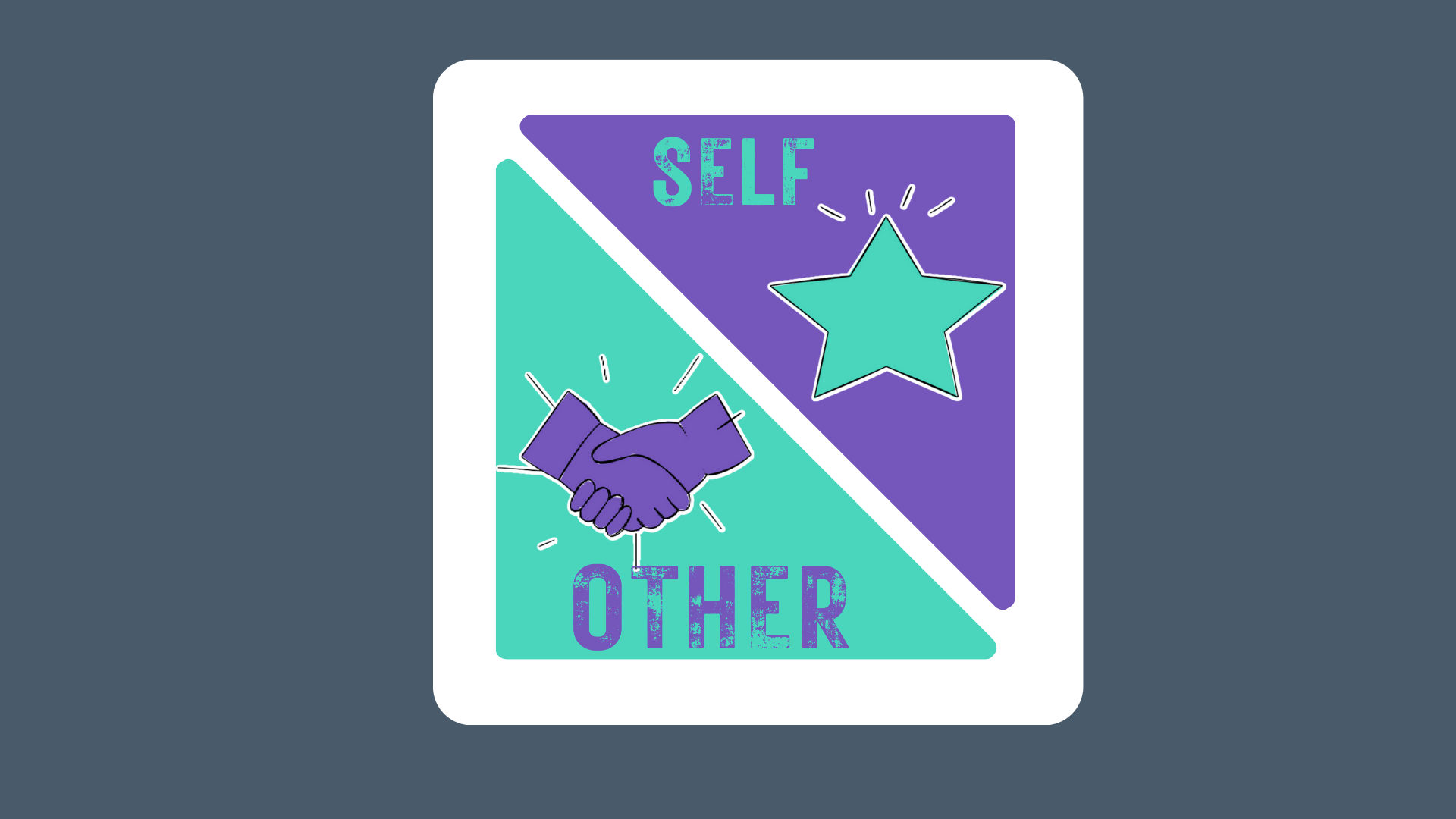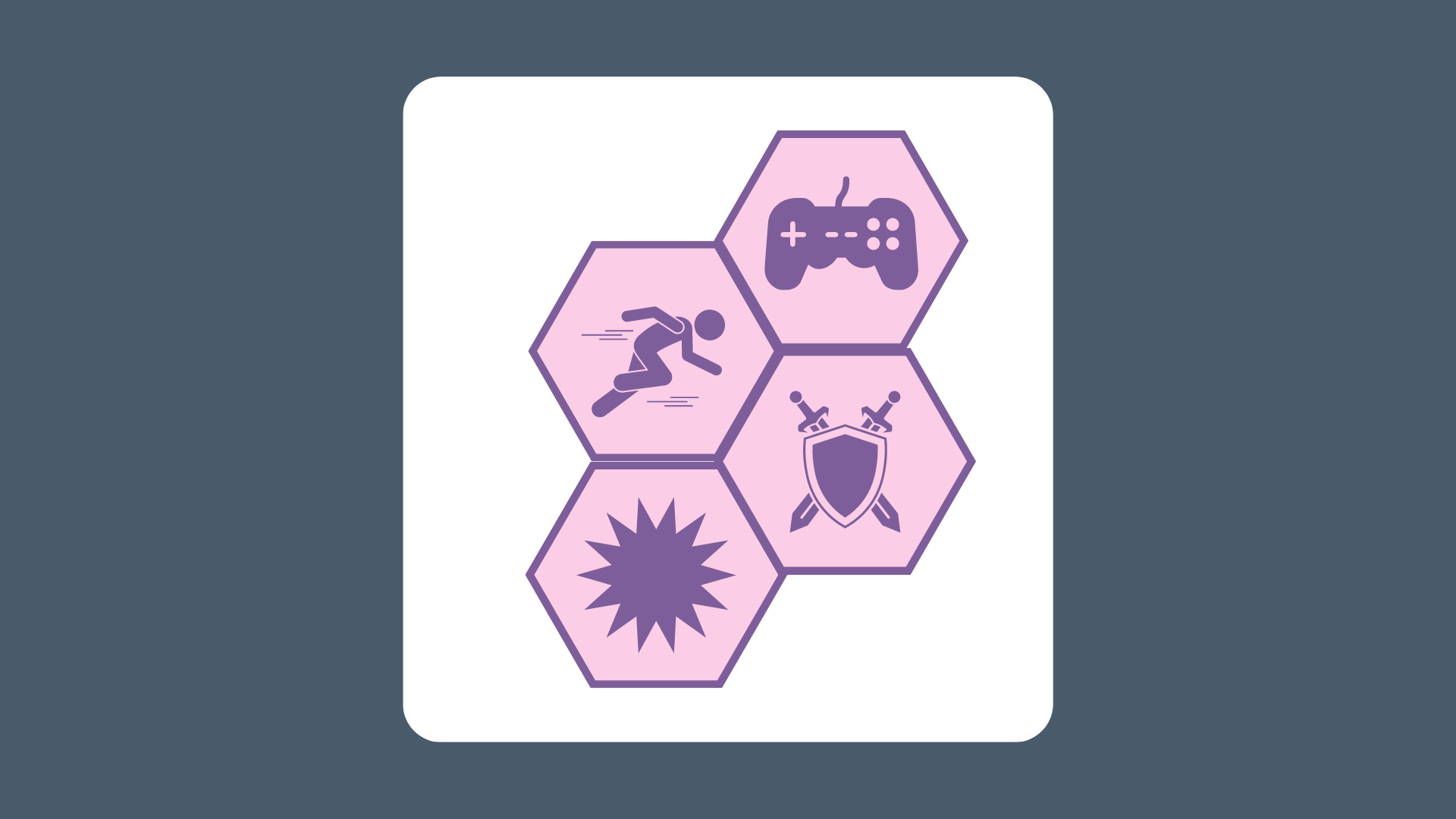Free Online Parenting Course: F.O.R.Tified Relationships
Join Our Expert-Led, Family-Systems Parenting Course and create relationships that thrive.
As a parent, you want to provide the best for your children, but relationships can change drastically when children become teens or even tweens. Parenting can be challenging at the best of times, and it's normal to feel overwhelmed as our children grow into young adults. That's why we created a free online parenting course to help you navigate the ups and downs of parenting teens and tweens with confidence.
Our course is designed for parents like you who want to improve their relationships with their children. With four modules of expert-led lessons and interactive activities, this course covers the essentials of building strong relationships with your children to managing communication issues.
And the best part? It's completely free!
The Fortified Relationships CourseThe Fortified Relationships Parenting Course:
Our goal is to equip you with the knowledge and skills you need to raise happy, healthy, and well-rounded children. So why wait? Enroll now and take the first step towards becoming a better parent.
A brief overview of what to expect in the Introductory Course of FORTified Relationships.

TRAPS & BLOCKS IN COMMUNICATION
Often the combination of emotional connection, chronic anxiety and reactivity lead us into traps in communication - patterns of dysfunctional relating that increase conflict and hurt.

The Parenting Teens Course - Empowering Parents to Grow Great Relationships
FORTified Relationships
This course is designed to empower parents of teenagers to develop a relationship of trust and fulfillment. By utilizing family systems theory and creating strategies and tools from it, we will arm you with the skills to change your approach to parenting your teen.
Becoming a more effective parent doesn’t have to be a struggle. With the help of family systems theory, you can learn practical skills and strategies to help you build a positive and fulfilling relationship with your teenager. With the tools provided in this course, you can create a supportive home environment and quality relationships that encourages your teen’s growth, confidence, and independence.
A Parenting Class - Online & Free.
This level of the parenting course is free and available to all using our online platform and video content, if you're curious about family systems or just want to check out what this is all about before spending anything,

Parenting and Building Relationships with Teenagers
Creating strong and healthy relationships with your teen can help them feel supported, secure and understood. Parenting teens can be a challenging, but rewarding experience. With the right approach, you can create positive relationships with your teen that foster emotional growth and strong communication. Our parenting course will help you find the best strategies to build healthy and meaningful relationships with your teen. With expert advice and guidance, you’ll learn the best ways to nurture and support your teen through their teenage years. Join us today and start transforming your approach to parenting and create relationships that will foster a happy, healthy teen.

WTF?
Where's The Feeling?
S.O.S
Self & Other Situations
Reactive Automatics

Addressing Teen Attitudes and Mood Swings
In addition to establishing ground rules for communication, it’s important to address teen attitudes and mood swings. Teens can be moody and their attitudes can change quickly, so it’s important to remain calm and understanding. Here are some tips for dealing with teen attitudes and mood swings:
• Give them space – Allow your teen some space to process their feelings and thoughts. Try not to rush in and fix the situation, as this can be overwhelming. Let them take the time they need to process and come to terms with their emotions.
• Listen – Listen to your teen’s feelings without passing judgment or offering advice. Let them know that you are there to listen and provide support.
• Offer help – Offer to help your teen find resources or solutions to whatever issue they’re facing. This can help provide them with the tools they need to address their feelings and emotions in a constructive way.
By offering support and understanding, you can help your teen manage their emotions and behaviors in healthy and productive ways.
Understanding Teenage Emotions
It can be difficult for parents to understand their teen's emotions, but it’s essential to try. Teens often struggle with a wide range of emotions, from feeling overwhelmed to feeling frustrated or angry. Here are some tips for understanding and supporting your teen’s emotions:
• Be patient – Be patient with your teen as they experience their emotions. Allow them the time and space to work through their feelings and offer a listening ear.
• Acknowledge emotions – Acknowledge your teen’s feelings and emotions. Let them know that it’s okay to feel the way they do and that you are there to listen and provide support.
• Offer solutions – Offer solutions to help your teen cope with their emotions. This can include activities to help them manage their stress, such as yoga or meditation, or taking part in activities that bring them joy.
By showing understanding and empathy, you can help your teen better manage their emotions and foster a healthier relationship between you and your teen.
What can I do to make sure my teen feels understood?
As a parent, it can be hard to know the best way to support your teen. It's important to remember that, as a teen, your child is likely navigating a lot of new challenges and experiences and will need a safe and supportive environment to express themselves.
The best way to ensure your teen feels heard and understood is to be an active listener. That means really listening to what they have to say, asking questions to better understand their perspective, and validating their feelings even if you don’t agree with them. Encouraging open communication, respecting their personal boundaries, and praising them for expressing themselves are all great ways to make sure your teen feels heard.
Finally, it’s important to recognize that talking isn’t always the most comfortable way for teens to express themselves. Whether it’s writing, drawing, listening to music, or engaging in a creative activity, giving your teen the freedom to explore different types of self-expression can be a great way to make sure they feel heard. Give them encouragement to be themselves around you - all behavior is communication, so be mindful of what your teen is doing so that you can talk about it after.

Managing Family Conflict with Teenagers
Parent-teen conflict is a common experience for many families, but it can be challenging and emotionally draining for both parties. As teens navigate their journey to adulthood, they often push boundaries and assert their independence, which can lead to disagreements with their parents. At the same time, parents may struggle to find the right balance between being supportive and setting appropriate boundaries.
The good news is that Family-Systems Theory has been helping people with conflict in their relationships for decades and has plenty to offer on the topic. With a little patience, understanding, and effective communication, parent-teen conflict can be resolved, and relationships can be strengthened.

Managing Family Conflict with Teenagers
One of the first steps in resolving conflict with your teenager is to understand what's causing the tension. Common causes of parent-teen conflict include:
- Differences in opinions, values, or beliefs
- Struggles for independence and control
- Changes in mood or behavior
- Pressure from peer groups
- Substance abuse
- Sexual activity and dating

Addressing Family Tensions and Conflicts
As a parent, you know that raising teens can be a challenge. From managing their schoolwork and helping them navigate the complexities of peer relationships, to worrying about drug and alcohol use and helping them develop healthy habits, parenting teens can be overwhelming.
Learn from the Experts
Our team of professionals have expertise in parenting teens, and in their Family-Systems Course, they will equip you with the skills, strategies and tools to foster meaningful conversations and healthy boundaries. Through interactive can did discussions, role playing, and expert advice, you’ll gain a deeper understanding of your own parenting style, and how to positively influence the emotions and behavior of your teen.
Strategies for Resolving Parent-Teen Conflict
Practice Active Listening
Active listening involves giving your full attention to your teenager, without interrupting or trying to solve their problems for them. This can help them feel heard and understood, which can go a long way in resolving conflict.
Use "I" Statements
Instead of blaming or accusing your teenager, use "I" statements to express your feelings and concerns. For example, instead of saying "You never listen to me," try saying "I feel frustrated when I don't feel heard."
Set Clear Limits and Consequences
It's important for parents to set clear limits and consequences for behavior. This can help reduce conflict by giving teens a clear understanding of what's expected of them.
Find Common Ground
Try to find common ground with your teenager and focus on what you both can agree on. This can help create a sense of cooperation and understanding, which can reduce conflict.

Your Instructor: Oliver Drakeford, LMFT, CGP
Parenting Coach, Family Systems Therapist, Clinical Director, and Occasional Professor.
I am Licensed Marriage and Family therapist and a Certified Group Psychotherapist. Until recently, I was the Clinical Director of Pacific Teen Treatment in Malibu where I created a Family Systems oriented program that focused on helping parents, teens and families feel more connected.
As an Adjunct Professor, I occasionally teach Group Process at Antioch University in LA, but mainly focus on helping families in Private Practice, and love teaching, training and supervising therapists in group and family therapy.






